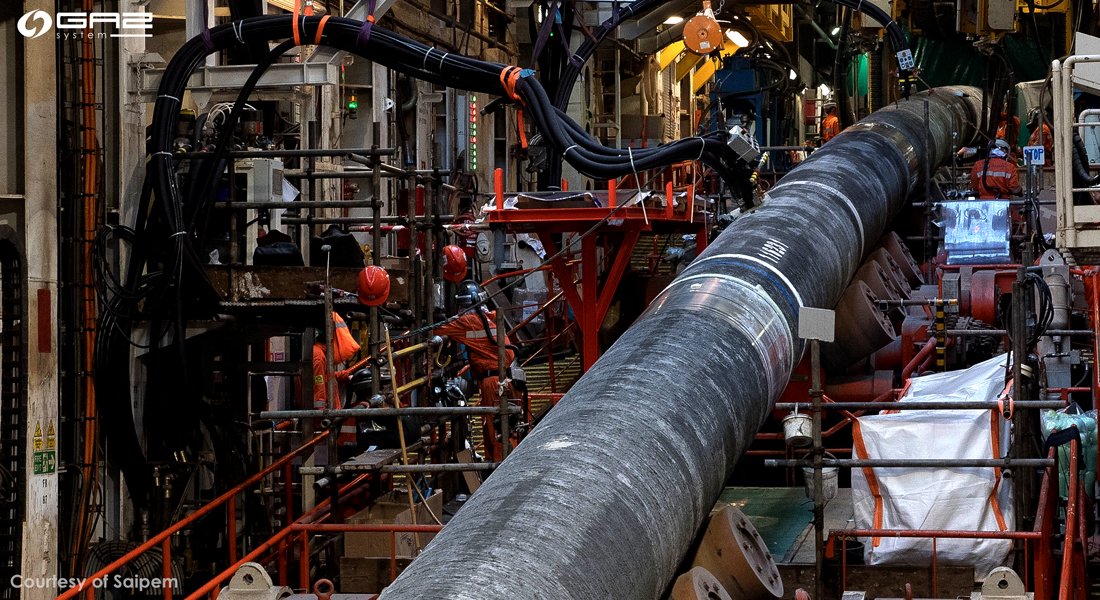Danish Energinet.dk, which is responsible building the Baltic Pipe gas pipeline from Denmark to Poland, together with the Polish Gaz-System, has admitted that Russia’s invasion of Ukraine increased the the pipe’s cost, but it paid for itself anyway.
Energinet.dk has estimated that the cost of the Baltic Pipe project will reach about 10 billion Danish krones. This is more than the 8.2 billion estimated in 2021. “The Baltic Pipe will continue to benefit Denmark in the billions of dollars,” the company said.
Baltic Pipe runs from the Norwegian gas fields through Denmark to Poland and was launched on November 30, 2022, and since then it has transferred 6.7 bcm of gas. Its full capacity is 10 billion cubic meters a year. However, work is still ongoing to complete the pumping station at Evedrup, which is expected to be completed in 2024. “For this reason, it is difficult to estimate the final cost of the project. However, it is already clear that the Danish part of the project will cost about 10 billion Danish krones, which is more than 8.2 billion (9 billion at 2023 prices) that had been presented as the expected estimate in recent press releases,” the company admitted. Accelerated talks about the facility in Eberdrup forced this company to make concessions and sometimes take over some of the tasks.
“After Russia has attacked Ukraine and most Russian gas supplies have been stopped, a major energy crisis has engulfed Europe. Energinet’s goal was to launch the Baltic Pipe as soon as possible before the winter of 2022, so that Poles and citizens of other Eastern European countries, including Ukraine, could receive enough gas to generate heat and energy,” said Torben Brabo, Director of International Affairs at Energinet.dk.
This approach coupled with a delay caused by the fact that an environmental decision in Denmark was withdrawn before the construction, added about a billion Danish krones to the budget. Energinet.dk has reminded that the Danish Environmental Protection Agency has temporarily halted the permit as mice and other animals were potentially threatened by the construction of the Baltic Pipe. However, additional measures taken by the Danes allowed the work to be completed. “Downtime and renegotiation of contracts with the companies conducting the work led to a significant increase in costs by up to one billion Danish krones,” the company concludes.
“Because the pipeline was built mainly to supply the Norwegian gas through Denmark to Poland, it is also customers in Poland who will cover the largest part of the additional fees for Baltic Pipe. Poland receives via this route the amount of gas corresponding to four to five times the consumption in Denmark,” the company said. Brabo recalls that despite this, the Baltic Pipe started a month before the planned start time, and gas tariffs for gas customers from this pipeline will be lower than they would have been without it. “Baltic Pipe is still a billion-dollar benefit for Denmark,” Energinet.dk argues.
Energinet.dk / Wojciech Jakóbik

 PL
PL EN
EN






